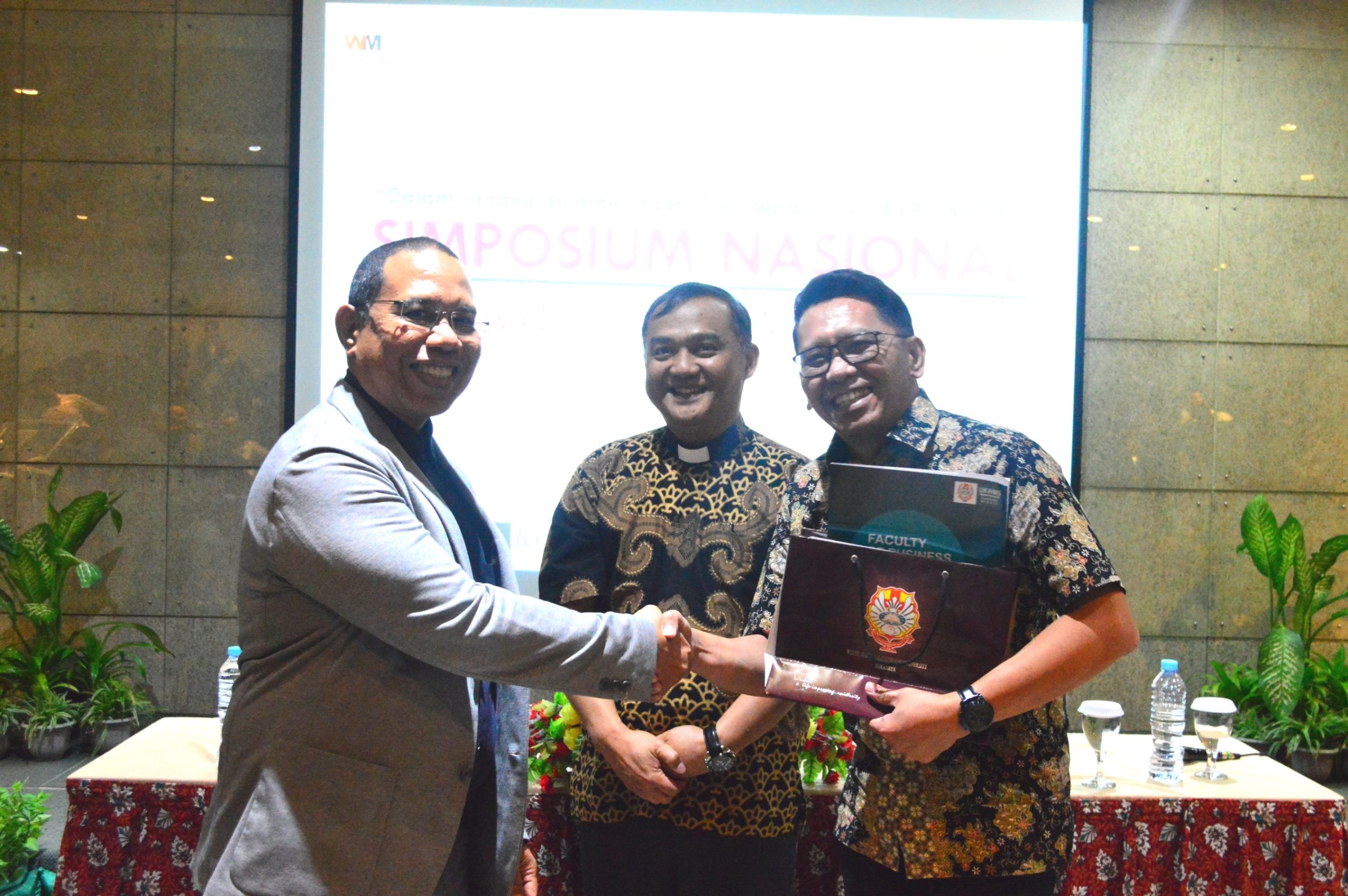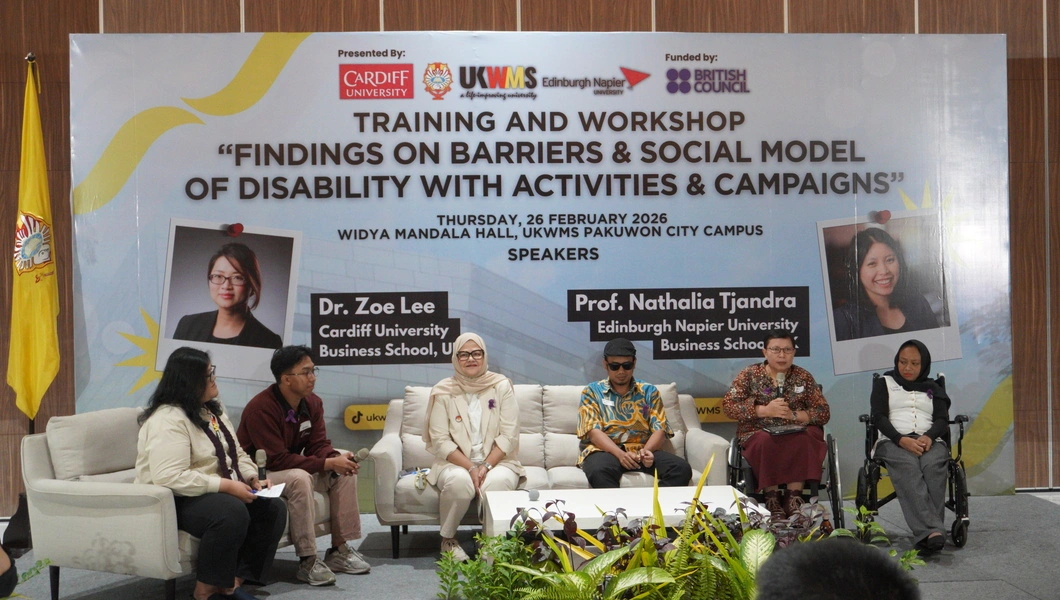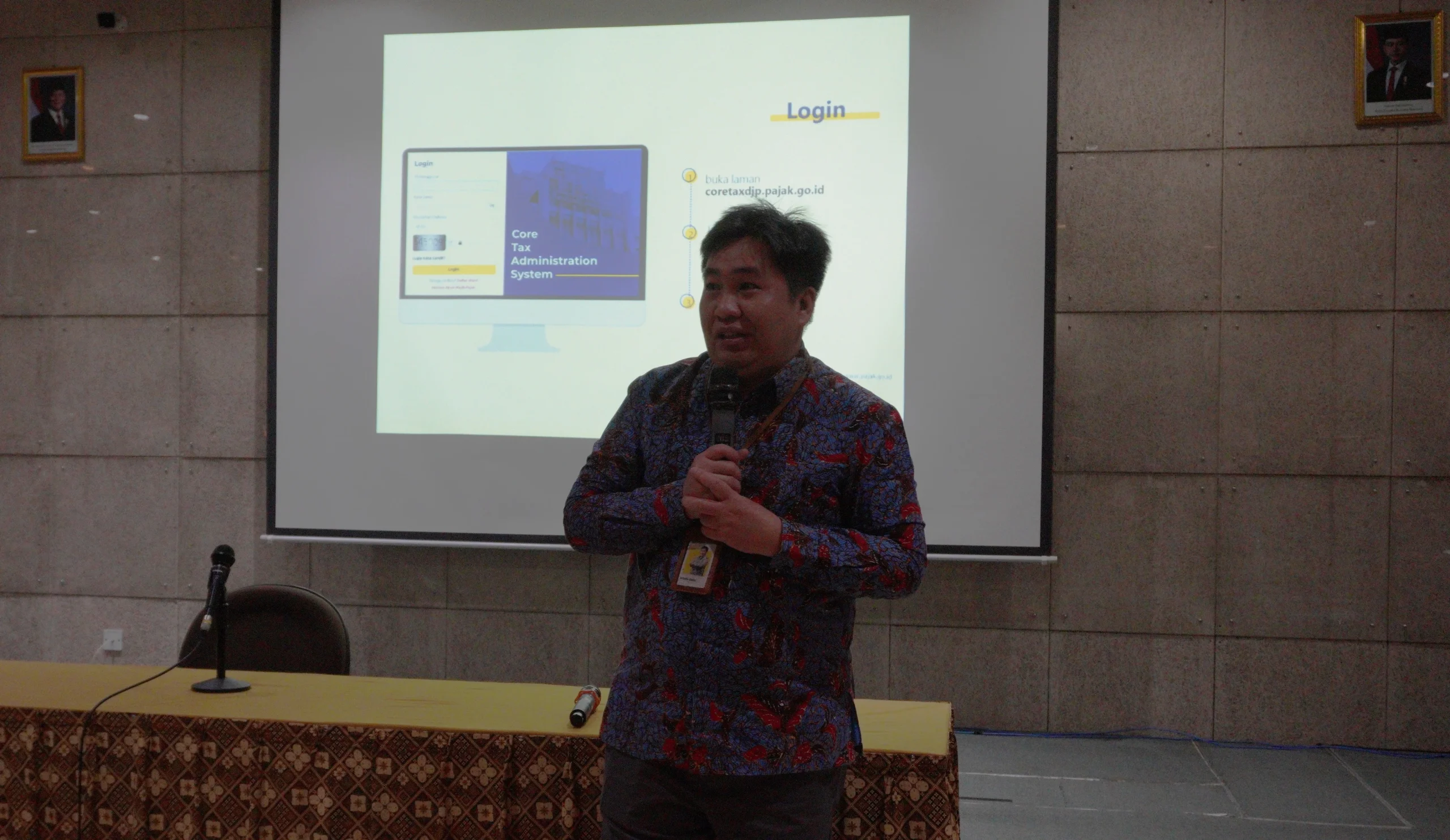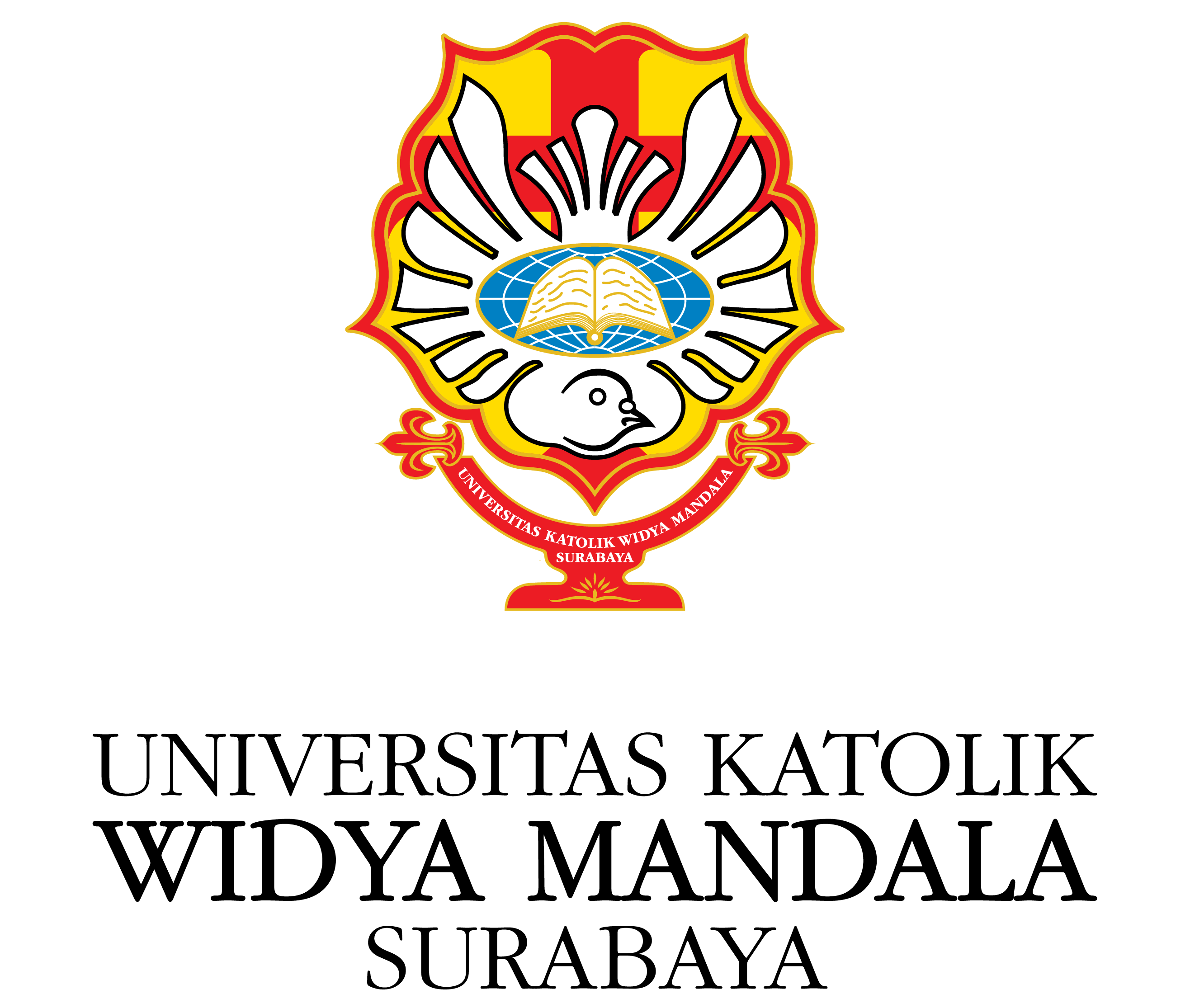(UKWMS-2/9/2019) – Whether people realize it or not, their lives now exist within the vortex of the 4th wave of industrial revolution. The Industrial Revolution 4.0 is marked by increasing connectivity, interactions, but decreasing boundaries between people, machines and resources. The integration is moderated by information and communication technology. For the national industrial sector, the Industrial Revolution 4.0 provides an opportunity to accelerate technological mastery as a key determinant of national competitiveness. Supporting the acceleration of technological mastery will support the development of systems in the Industrial 4.0 era, namely the internet of things, artificial intelligence, human-machine interfaces, robotics and sensor technology, and 3D technology.
The Industrial Revolution 4.0 is different than the previous industrial revolutions because of the use of machinery and technological means and that innovations in the Industrial Revolution 4.0 era are developed and spread faster through new breakthroughs. The potential to empower individuals and communities are wide open through the creation of new economic and social opportunities. However, on the other hand, the Industrial Revolution 4.0 has the potential to cause marginalization to groups of people who do not have the readiness to compete individually because of the automation process in some situations due to the use of machinery and technology. This condition can worsen social interests by creating social inequalities and security risks and damaging relations between people.
Seeing this, the Faculty of Business of Widya Mandala Surabaya Catholic University in commemoration of its 54th anniversary, conducted a forum for discussion and dialogue through a National Symposium with the theme “Innovation and Technoeconomics: Building a Fair Economy.” “This forum aimed to disseminate the ideas and readiness of Indonesia to face the Industrial Revolution 4.0, discuss opportunities and challenges for the community, and discuss the potential recommendations for universities, government and communities in Indonesia in formulating curriculum, industry and technology policies,” said Dr. Herlina Yoka Roida, SE., M.Com., Ph.D., a Lecturer from the Faculty of Business and the Chairperson of the event.
Attended by around 150 participants from various academic fields, community organizations, and governmental systems, the symposium presented two experienced speakers, Father Fredy Rante Taruk, Pr., as the Director of Caritas Indonesia and Teddy Tri Tjahyono who is the Secretary General of the Indonesian 4.0 Innovators. “Many of us don’t fully understand the digital economy that is growing around us. So, it is important for us to understand the current condition of Indonesia. And the digital economy is expected to continue to grow rapidly,” said Dr. Lodovicus Lasdi, M.M., Ak., CA., CPA., as the Dean of WMSCUS Faculty of Business in his remarks.
Teddy said that in this current condition, regulations are not fast enough to catch up with the practices in the field. “The regulations are now hastily facing an era of disruption, although regulations and policies are extremely important nowadays. In this era, it’s better to apologize later after doing something rather than ask for permission beforehand,” he explained. Responding to this condition, Budiman Sudjatmiko, the Chairperson of the Indonesian Innovator 4.0 through a video call said, “Through innovator 4.0, an initiative that we undertook to prepare Indonesians, whether the are at home in Indonesia or abroad, whether they are currently studying or working, they can all help to provide awareness in order to be part of a group of people that will foster a better future for Indonesia,” he explained.
In line with what Teddy and Budiman conveyed, Father Fredy who was the recipient of an award as the leader who mobilized a community cooperative union explained, “If asked what a fair economy is, I will answer cooperative union, because cooperative union is a place for people to have a mutual prosperity and develop together. Cooperative unions must also be protected by regulations, good human resource management systems and supporting networks. And it is important to attract young people to be involved in this cooperative union effort,” said the Toraja-born priest.





